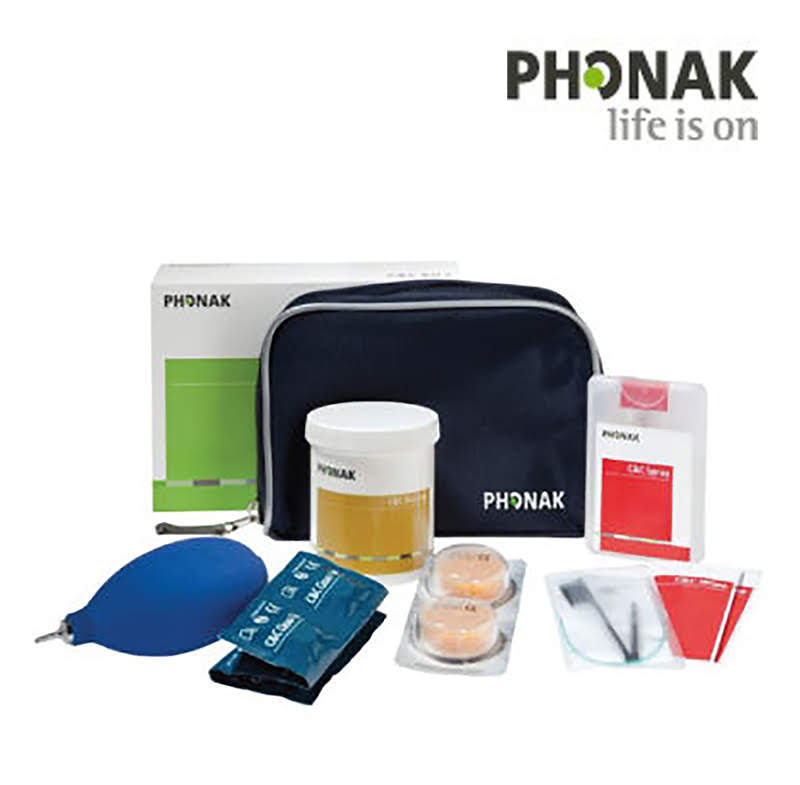Hearing Aid Got Wet !
If your hearing aid gets wet DON’T PANIC! Electronics and water are two things that generally don’t go well together but all is not lost if your aid does get a soaking. I’ve had several that have been waterlogged and have managed to get them working fully again. You can take a look at what you need to do to on a regular basis clean and care for your hearing aid here
Seven Things to do if your hearing aid gets wet
- Remove the aid from the water as quickly as possible – the less water that’s in it in the first place, the better chance it has to work again.
- Turn it off straight away and remove the battery. Throw the battery in the bin. Don’t be tempted to wait and see if it comes straight back on – turn it off as soon as possible.
- Close the battery door, remove the tube (if you have one) and dry gently with a towel. Shake it gently to try and get as much water out as possible.
- Use a hairdryer or a fan to blow-dry it. It’s very important not to let the aid get too hot so don’t use a hair-dryer on a high-heat – use a low-heat and keep the dryer some distance away from the aid. Excessive heat is much worse for electronics than a brief dunk in water. Blow-drying will speed up the dry-out time but you can skip this step if you are worried about the heat or don’t have a fan.
- Leave the aid to dry out. The amount of time to leave it will depend on how wet it was. I’ve had to leave an aid for two days before it completely dried out. Leave it sitting with the battery door open so that as much air as possible can get it. Better still, place it in a dehumidifier pot – this will speed up the dry-out considerably.
- Once you are happy that the aid is dried, put in a fresh battery and try it out. You can also use one of the cleaning tools you received with your aid to make sure the water has not left any residue behind but be very careful poking tools inside your aid.
- If the aid still does not work then you can either recharge your dehumidifier pot and leave it a while longer or ask your audiologist to send it back for repair.
Hearing aid clean and care, want to know about the best way to care and clean your hearing aids? Take a look at this.
What not to do
- Never put your hearing aid into a microwave or conventional oven. It’s too much heat and you’ll melt something.
- Don’t just assume it’s broken. Give it time to dry and then get it sent away for repair if you need to.
The important thing to remember is: It is unlikely that you will need to buy a new hearing aid just because it got soaked – electronics are more resilient to water than most people think.
If All Else Fails, See A Local Hearing Aid Provider
Arrange a consultation with a trusted Independent hearing healthcare professional in your area
Drying hearing aids
How To Dry Out Hearing Aids
The best way to dry your hearing aids is with a purpose designed dryer. They can be very simple things like a box and a drying tablet or more complex electronic devices that will dry and sterilise your hearing aids at the same time. The drying boxes and tablets are relatively inexpensive while the electronic devices retail from between 100 and 150 of your favourite currency. It is well worth investing in them, they will ensure that your hearing aids last for longer even if you never drop them in water.
Emergency Hearing Aid Drying
In an emergency you can use a hairdryer on a low setting to take the excess moisture off, but you should still leave it to thoroughly dry out before putting a battery in it.

Hearing Aids You Can Shower With
Can You Get Hearing Aids Wet?
Generaily speaking there are only a few hearing aids that you can shower with. It’s best to remove your hearing aid from your ear before showering, bathing or swimming. Many modern hearing aids like Phonak's latest lines are IP67 rated for moisture, which basically means that they are okay in three feet of water for thirty minutes. So, you can get those hearing aids wet. However, if you are wearing a receiver in ear device the receiver is not protected by the case and therefore can be damaged.
You are better off just taking it out. Don't worry about getting caught in the rain though. Follow the guidance of each hearing aid brand, that is the best and safest way to do things. We recently wrote an article called What's The Best Hearing Aids For an Active Lifestyle? If you are active and you think you might face moisture a lot, it is worth taking a look at.
You can take a full look at our guide to taking care of your hearing aids here.
Don't forget, take the battery out quickly, that alone will help a great deal. Don't put the battery back in until you are sure the hearing device is dry.









